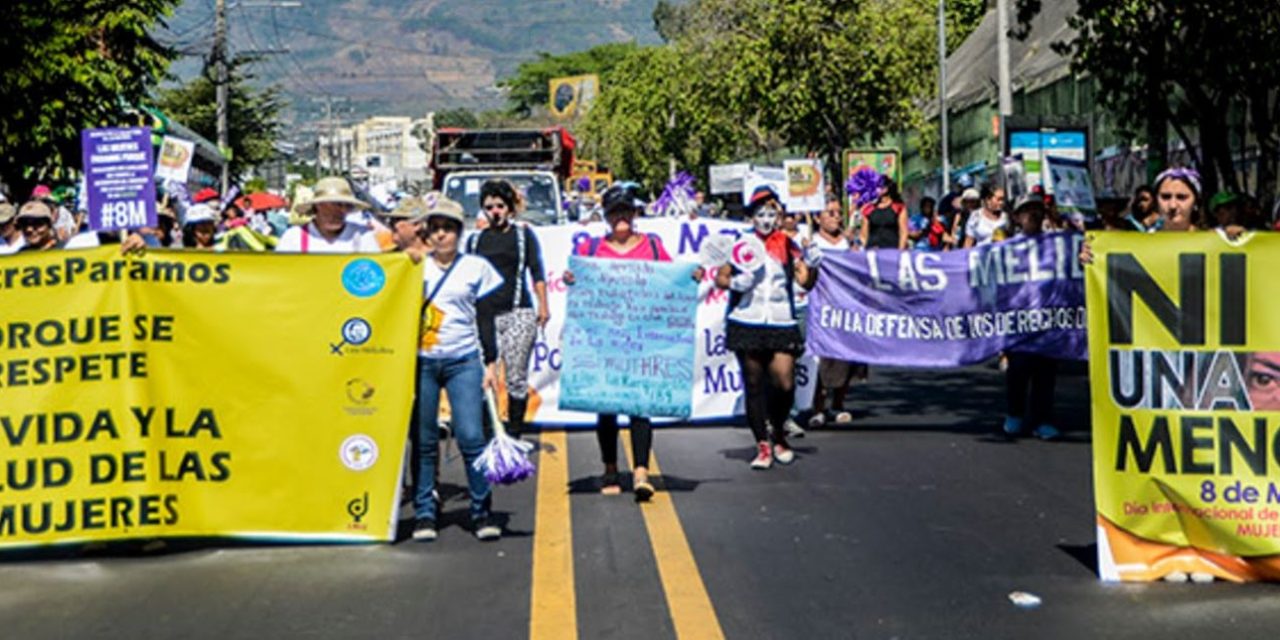Their heads adorned with bands declaring “United We Are Stronger” or calls for resistance against unjust treatment from the government in Spanish, thousands of women marched through the streets of El Salvador’s capital San Salvador last March 6th to raise their voices against the total ban on abortion, as well as the alarming spike in crimes against women.
Since 1998, El Salvador has been notorious among international women’s rights groups for having one of the strictest abortion laws in the world – one that can actually jeopardize the health and safety of the nation’s women. Salvadoran law calls for the incarceration of women who have abortions, even if these have been medically mandated due to life-endangering conditions or if the woman was a victim of rape or other forms of sexual abuse.
Abortion in El Salvador is referred to as an act of aggravated homicide, causing many women to be sentenced to inhumane prison sentences. The law applies even to women who have suffered from a miscarriage.
Thanks to the action of numerous domestic and international rights groups, several women convicted under the abortion law have already been freed or cleared. However, the majority remain behind bars, prompting an ongoing spate of protests throughout the country.
Last June 8th, a woman imprisoned for abortion was released in a landmark decision, having served nine years of a 30-year sentence. Sara Rogel miscarried in the eighth month of her pregnancy and was wrongfully convicted of aggravated manslaughter for the loss of her child. Legal experts and human rights advocates declared that she was wrongfully imprisoned as she did not deliberately end her pregnancy.
Not the Only One
Aside from El Salvador, other nations within the predominantly Roman Catholic region of South America continue to take a hardline stance against abortion. Indeed, the termination of one’s pregnancy through surgical or pharmaceutical means is still considered a crime in the Dominican Republic, Haiti, Honduras, and Nicaragua.
However, women’s rights advocates have lauded how abortion has been decriminalized in Colombia and Mexico in recent years. Abortion up until the fourteenth week of pregnancy was also made legal in Argentina in 2020.
Nevertheless, Salvadoran women continue to call for the act’s legalization, particularly in cases wherein a child was conceived by rape, the pregnancy poses a risk to the woman’s life, and if the fetus is unlikely to survive outside the womb.














